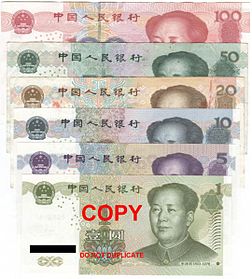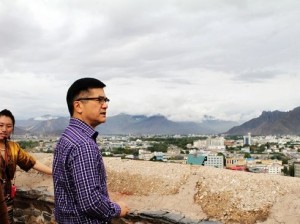Speculation about China’s economic slowdown is escalating as foreign investment and industrial production have not grown as predicted. China’s bond market, where people trade and sell debts to fund business ventures, expanded by 39 per cent signalling greater access to credit. However, this did not translate into higher profitability as businesses are struggling to be competitive.
This economic slowdown has been fuelled by a decrease in global demand for Chinese exports accompanied by an increase in the value of the Renminbi, the official currency of the Peoples Republic of China. The primary unit of the Renminbi is the Yuan.
According to figures released by the National Interbank Funding Centre based in Shanghai, Chinese banks have to pay an interest rate as high as 13.44 per cent when conducting loans with each other, as compared to an interest rate of less than 4 per cent last month.
The Bank of America recently readjusted its 2013 prediction for China’s economic growth from 8 per cent to 7.6 per cent. Goldman Sachs and JPMorgan Chase also fixed their predictions for this year to 7.8 per cent. Chinese Premier Li Keqiang lowered his expectation for the average annual economic expansion required to reach the government’s development targets for 2020 from 7.5 per cent to 7 percent. This is in stark contrast to the average annual growth of 10.5 per cent witnessed in China over the past decade.
Currently, the exchange rate of the Renminbi against the US dollar is roughly 6.2 but the Beijing-based West Brothers Economic Research Institute expected it to decrease further to 5.7 by 2017, so a US dollar would be able to buy fewer Renminbi. Consequently, Chinese exports would become undesirably expensive for foreign buyers.
The Chinese government has hesitated to provide stimulus packages to fix the unstable economic situation. There is concern in the government that pumping money into the economy would increase inflation, repeating the incident that occurred during the previous global financial crisis. However, subsidies have substantially risen as 90 per cent of the 2,400 companies in mainland China received support from the government in 2012.
The worsening economy would make it hard for the Chinese government to justify its military spending on Tibet when its people are troubled by economic uncertainty.





 Print
Print Email
Email